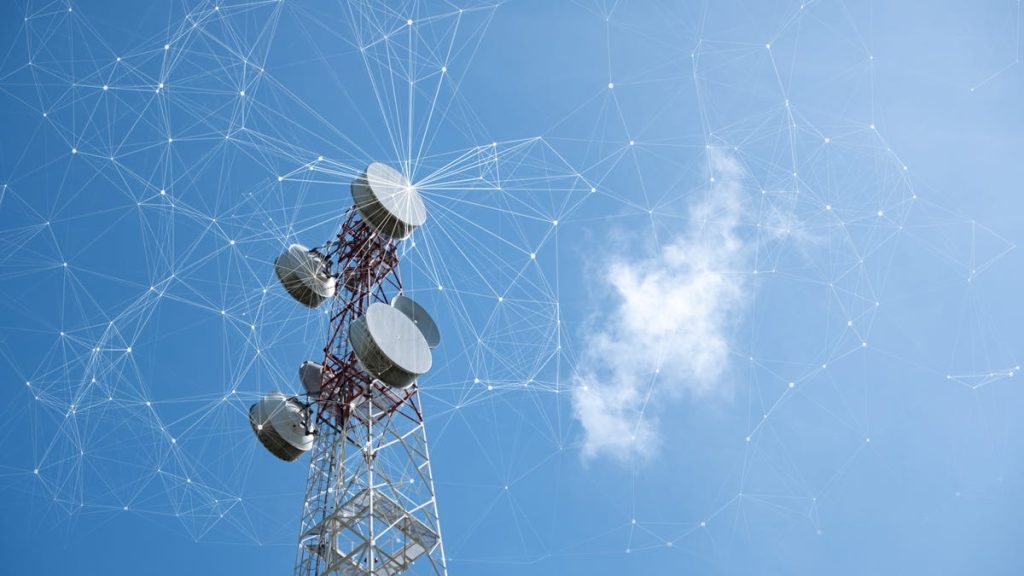Shopping for internet can be overwhelming with all the options available. Understanding the connection type of your internet can be crucial for the quality of your connection. There are different types of connection, including wired and wireless, each with its own set of benefits and limitations. Fiber-optic internet is considered the fastest and most reliable option, with symmetrical upload and download speeds. However, availability is limited to around 43% of US households. Cable internet, on the other hand, is widely accessible and offers fast speeds, although upload speeds may be slower. 5G home internet is a wireless alternative that is growing in popularity, especially in areas with strong cellular infrastructure. Fixed wireless and DSL internet are other options available in rural areas where cable or fiber are not available. Satellite internet is the most widely available but also the most expensive option, with speeds ranging from 12 to 120Mbps.
When choosing an internet connection type, consider factors such as speed, availability, pricing, and reliability. The FCC defines a broadband connection as a minimum of 100Mbps download and 20Mbps upload speed, so choose a speed range that meets your usage needs. Costs and contract terms are important to consider as well, as promotional pricing may not last beyond the first year. Ultimately, your location will play a significant role in determining the type of internet service available to you. Understanding the different technologies at play can help you make an informed decision when selecting an internet provider.


